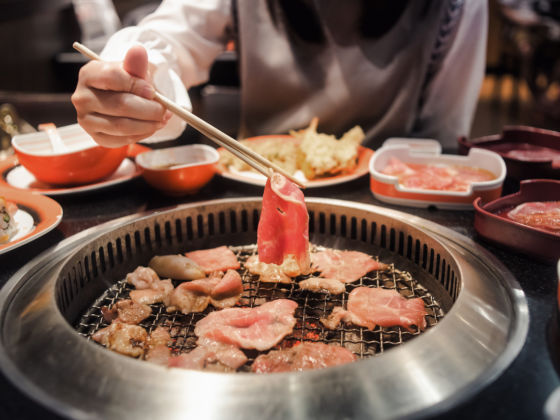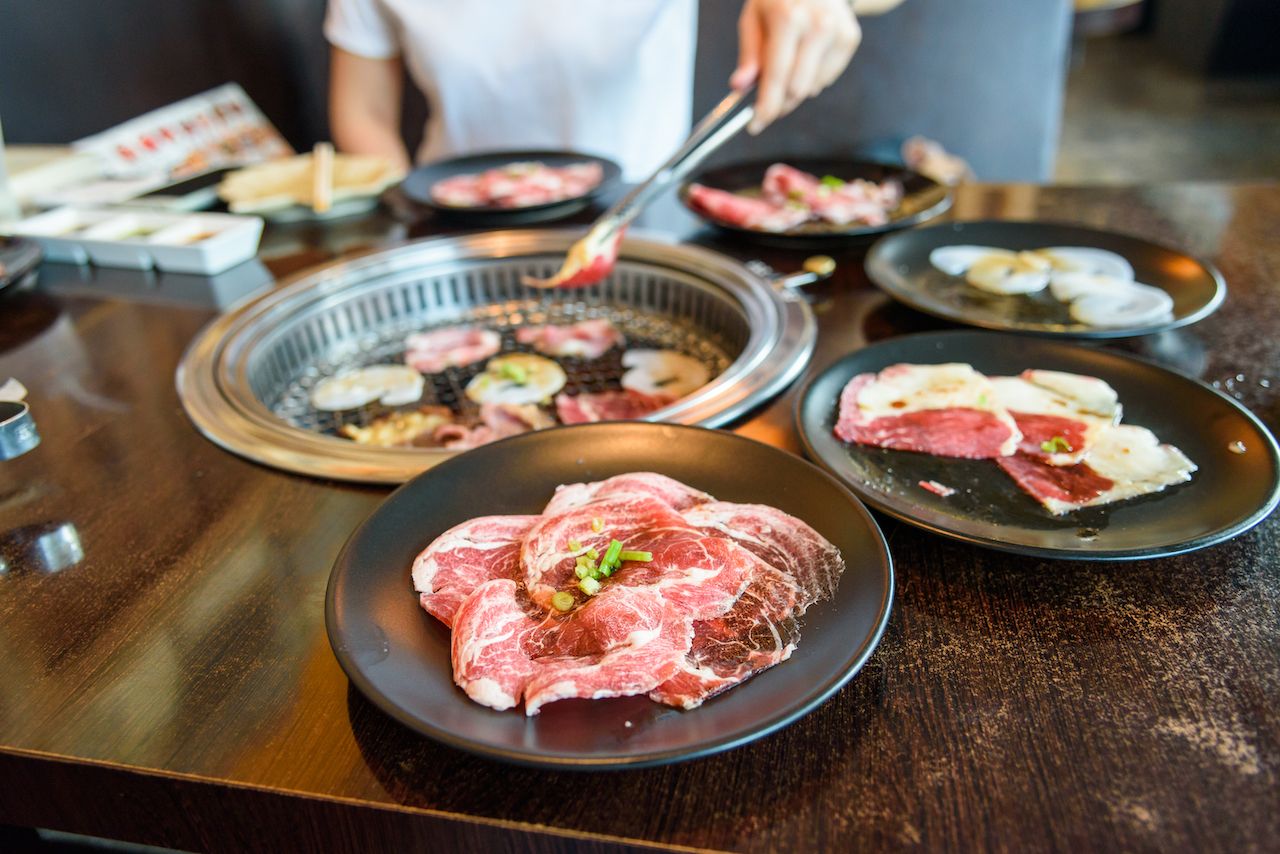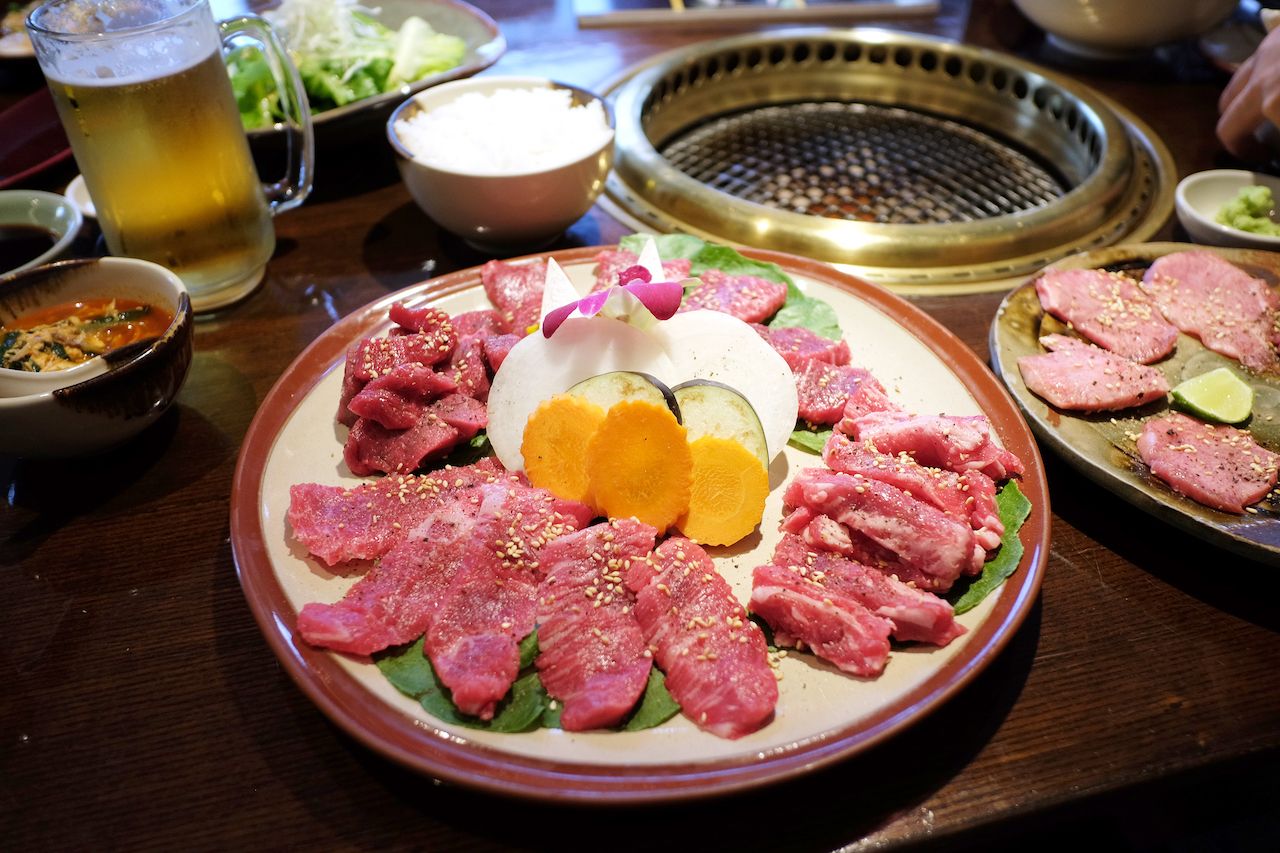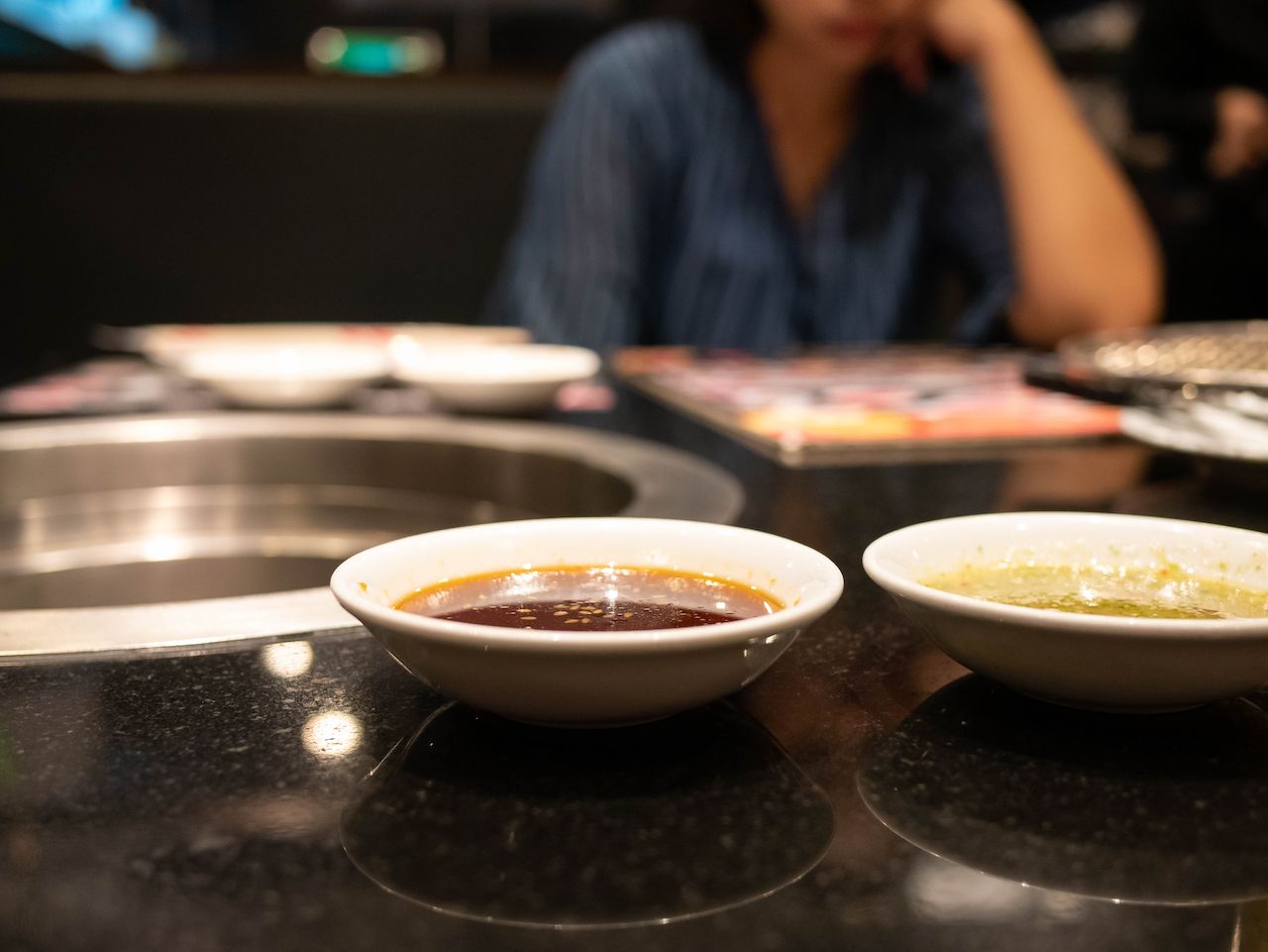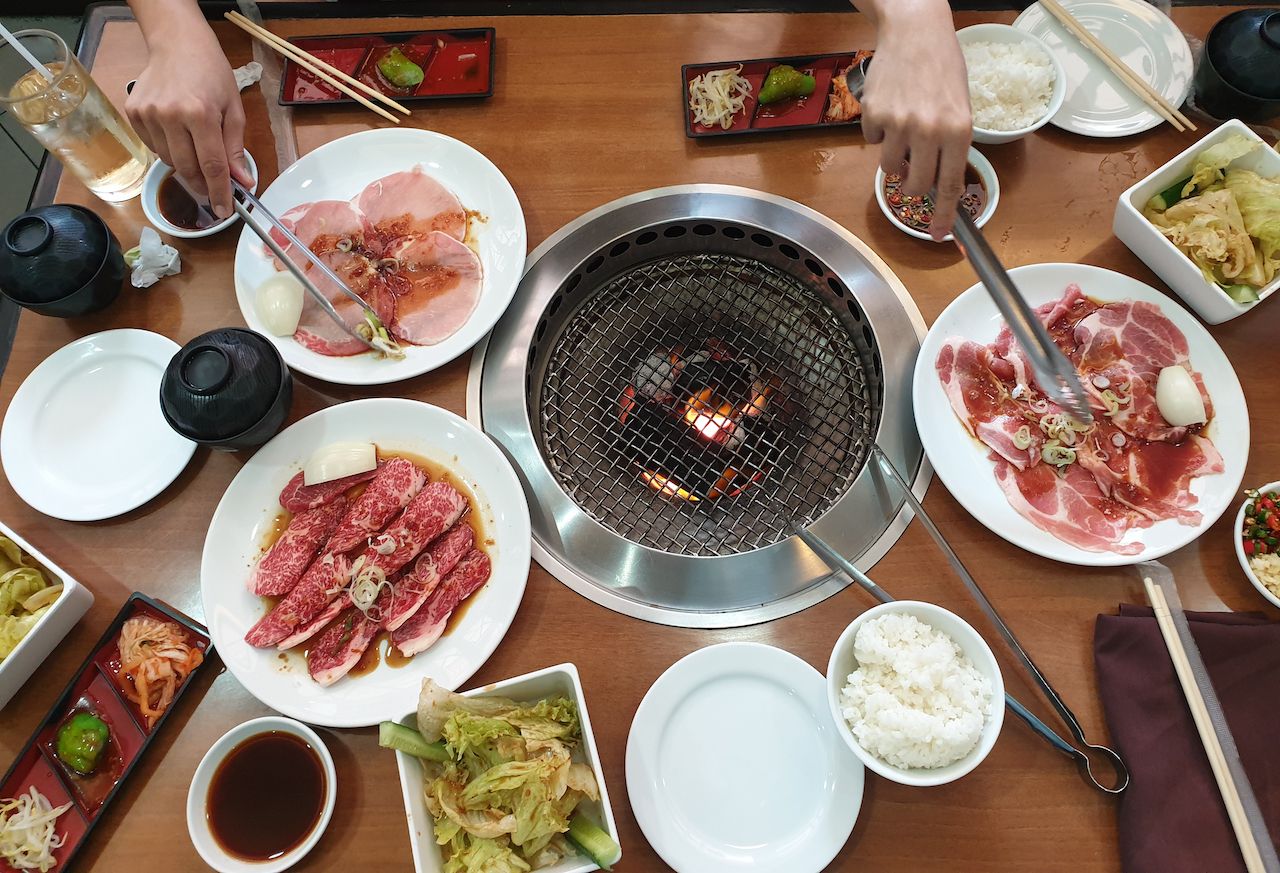Japan has a vibrant barbecue scene, though it’s less popular in the West than Korean barbecue. In Japan, grilled beef of all stripes is called yakiniku. This culinary tradition is relatively new, and deeply enmeshed in Japan’s religion and politics.
Barbecued meat didn’t gain widespread popularity until around 1945 during Japan’s Shōwa period, but its history dates back to 1872. That year, Emperor Meiji committed a highly controversial act: He ate a piece of beef in public. For nearly 1,200 years, eating meat of any kind (except fish, a central element of Japanese cuisine) was illegal in Japan. The reasons are complex, but, put simply, Buddhism dictates that humans can be reincarnated as any living creature. You risked eating an ancestor if meat figured into your diet. There were practical reasons for the meat ban too. The Japanese received most of their nutrients from seafood and rice, and animals like cows that could otherwise be consumed were useful for farming.
